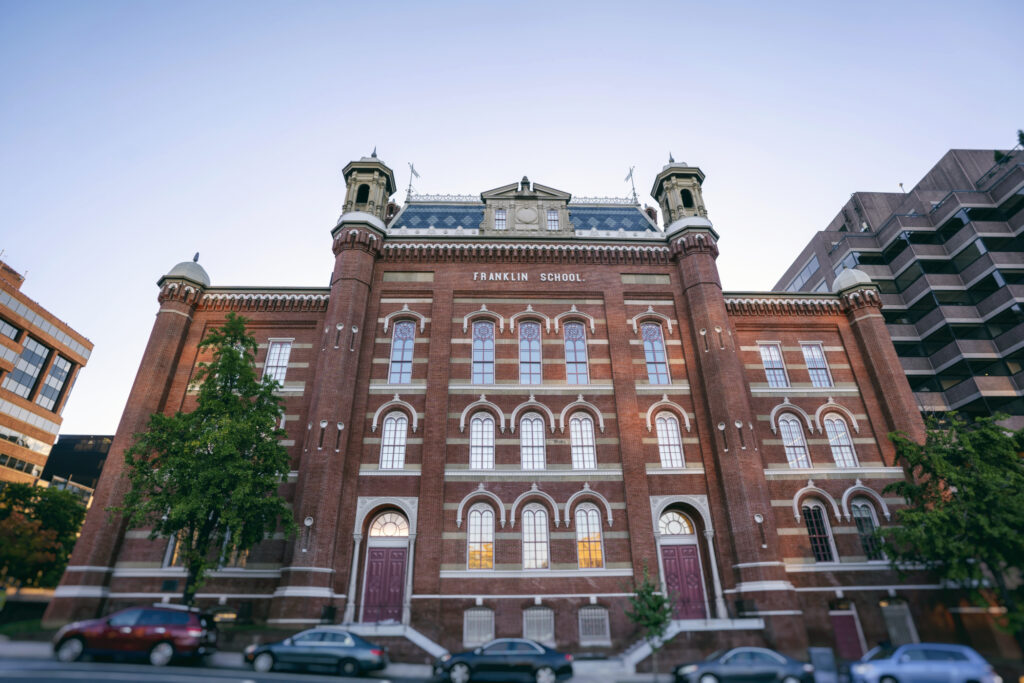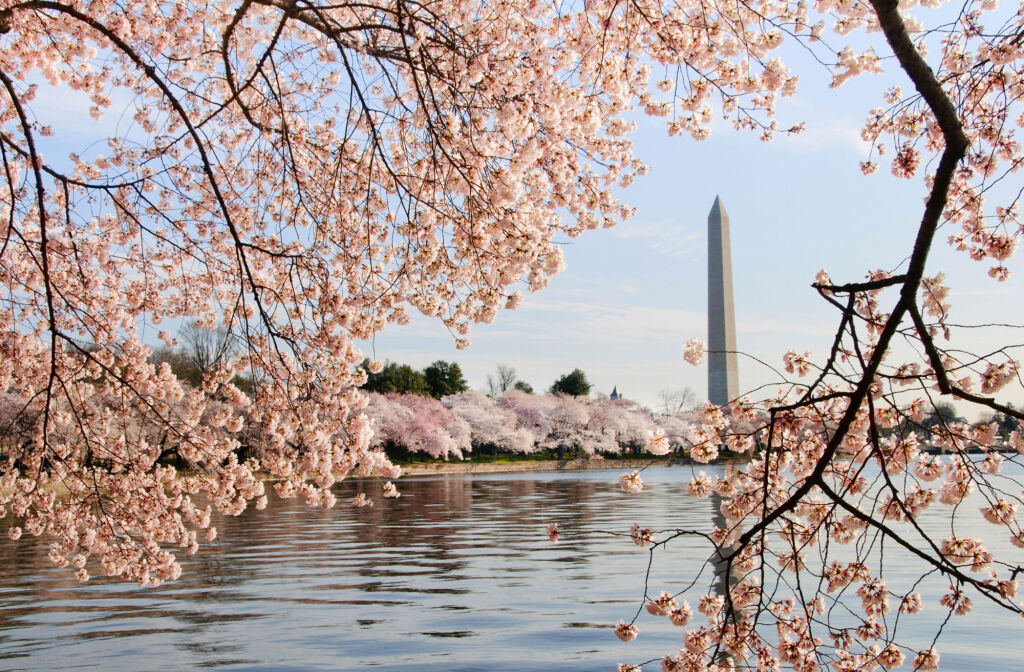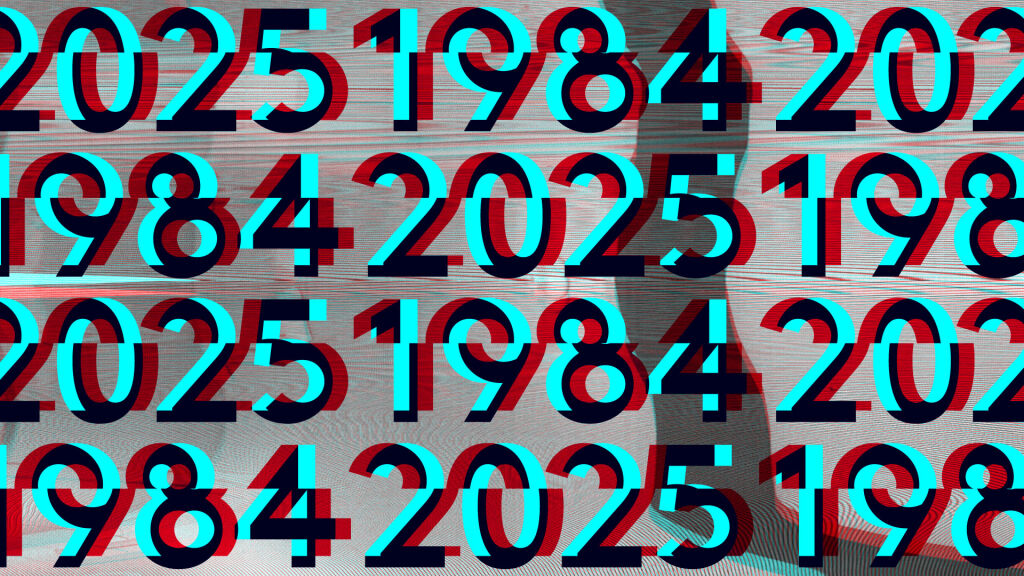We Need Diverse Books
When I was in graduate school, working on a degree in teaching, I was especially keen to learn how to teach reading so that all students would end up loving reading as much as I did. I knew that meant finding books that students would identify with, in which they’d see their lives or selves reflected.
Back then, that meant registering for classes called “Multicultural Children’s Literature.” But now I know, that is so yesterday!
Today we would say that we need diverse books. And, in fact, there’s a thriving 10-year-old nonprofit (WNDB) that has been working with publishing houses, writers, and educators toward just that goal.
Finding diverse books is essential: When asked why they don’t read, too many students say that they can’t find books that reflect their cares or world. In a survey by a British publisher of personalized books, parents reported that their children can’t easily find books that reflect traits such as being transgender, having a physical disability, having skin conditions, having same sex parents, having dyslexia, being significantly under or above average weight, belonging to a minority, having divorced parents, having uncommon religious beliefs, not having a brother or sister, living in an apartment, or even having unusual hair color.
So it’s clear that we as teachers, librarians, and parents don’t just need to recommend books about other cultures and ethnicities, but books about children who possess a myriad of differences.
In the 25 years since I was enrolling in those classes and sessions at literacy conferences, our society has become so much more attuned to the differences that are important and validating to students, which lend color and nuance to our world. The books we steer them to need to reflect that rainbow.
And it’s not that readers benefit only from finding themselves reflected in books; they also get to explore the world and are introduced to characters and cultures and problems and conflicts with which they aren’t so familiar. Those books can be the portals to empathy and curiosity and adventure.
My office at Planet Word is wallpapered with images of pages from The Secret Garden by Frances Hodgson Burnett, published in 1911. It was my favorite book as a girl. It tells the story about an orphan who leaves colonial India for a new life on the English moors in a manor house with her reclusive, elderly uncle. (As it turns out, Burnett lived just a block away from the Franklin School — Planet Word’s home — for a time. That improbable coincidence is what made me decide to restore the 1869 Franklin School as a high-tech 21st-century museum of language arts!)
The Secret Garden introduced me to the use of dialect for the first time (one of the main characters speaks with a strong Yorkshire dialect), and it also gave me a lifelong fascination with Europe’s great houses, gardens, and birds (another main character is a robin). And one of the young protagonists uses a wheelchair. There are unfortunate dated overtones of racism in this old book, in the scenes set in colonial India, but for me it opened up unknown, far-off worlds — the magic that often unfolds only within a book’s pages.
We now have 79 great, diverse titles on our Library shelves — including 5 books written in Spanish — and I hope to keep adding more diverse books. Let us know which new titles — fiction, nonfiction, adult, children’s, English or another language — you’d like us to consider in the future at [email protected].
—Ann Friedman, founder of Planet Word



